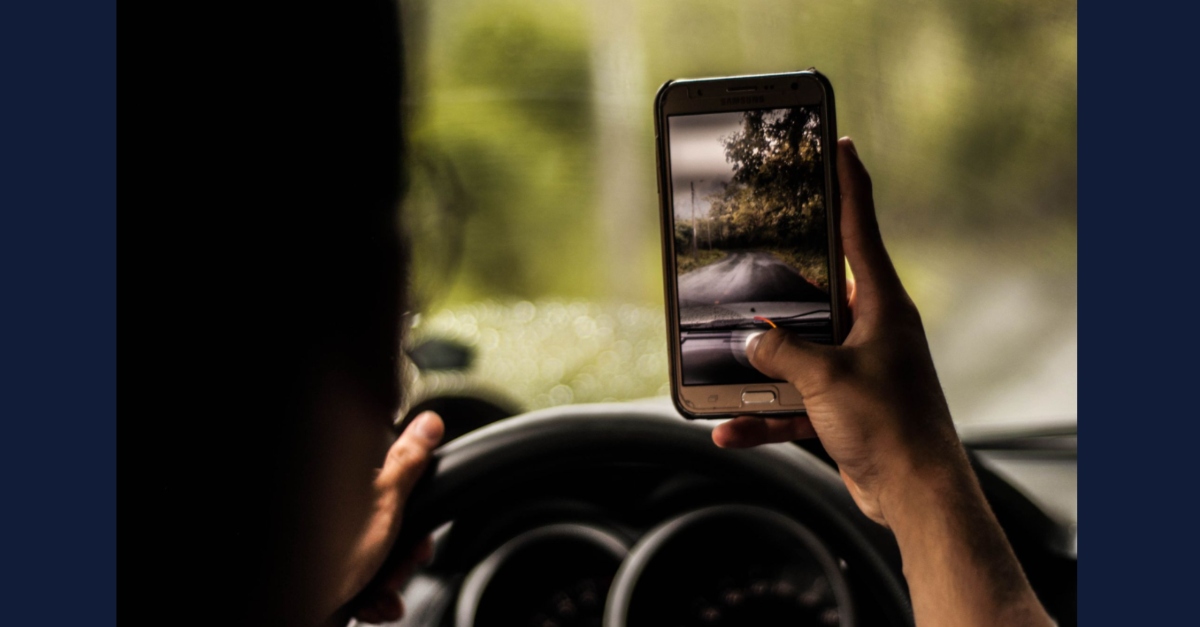
Sponsored content
Many things can cause distracted driving while on the road. These include eating, using the phone, happenings outside the vehicle, or flipping channels on the car stereo.
Phone usage, which includes texting, receiving, making a call, and browsing the internet, is arguably one of the worst forms of distraction.
According to the NHTSA, reading or sending a text while driving takes approximately five seconds. Assuming the vehicle is moving at a speed of 55mph, five seconds off the road is equal to driving the entire length of a football field blindfolded.
Proving Distraction Is a Challenge
Proving negligence in a distracted driving lawsuit can be a challenge because the driver will often stop what they were doing after the accident. For example, if they were texting or calling, they would disengage after an accident. If you have been in an accident where you believe cell phone usage was a factor in causing the accident, you could wonder if cell phone records can be used to prove distracted driving. Well, the good news is that they can. However, it is not a smooth ride.
Cell phone activity flows through servers, towers, satellites, and relay stations. Many telephone plans rely on data usage and talk time. Cell phone companies create logs for all user activities for several purposes, including billing. There is a timestamp for any call, text messages sent or received, and internet access, information that can become critical in establishing distraction and fault in an accident.
Accessing Phone Records
The problem is that cell phone companies will not just hand over this information. Doing so will be violating their customer’s expectations for privacy which can cause a backlash.
However, if the records are part of key evidence required to solve a criminal case, the company can be forced to release the records through a court order. For the court to grant such an order, the entity seeking to access the records has to substantiate in court that obtaining the records is vital to solving the case and that other available options may not be effective.
Having phone records can help strengthen a case and prove liability because they help establish a driver’s activity on the phone when and around the time the accident happens.
“Everybody knows that texting, browsing the internet, calling, or receiving a call is dangerous while driving,” says car accident lawyer Robert Ranco of DC Law. Unfortunately, many people choose to do it anyway.
In a survey conducted by The Zebra in January 2021, 36.4 percent of the respondents agreed that using the phone while driving is dangerous, yet 36 percent admitted using a cell phone while on the road. Going by this data, it is true to say that phone usage while on the road constitutes gross negligence because it is an intentional disregard for the safety of others.
You Could Recover Punitive Damages
You can recover punitive damages in a case involving distracted driving. However, the defendant can claim that an accident resulting from distracted driving is not an intentional tort. But, the fact that the defendant was aware of the dangers of using the phone while driving but consciously disregarded the fact, gives ground for awarding punitive damages.
The standard of proof required for punitive damages is usually very high. Therefore, your lawyer may decide not to pursue the damages unless there is credible evidence.
[Image via Pexels]